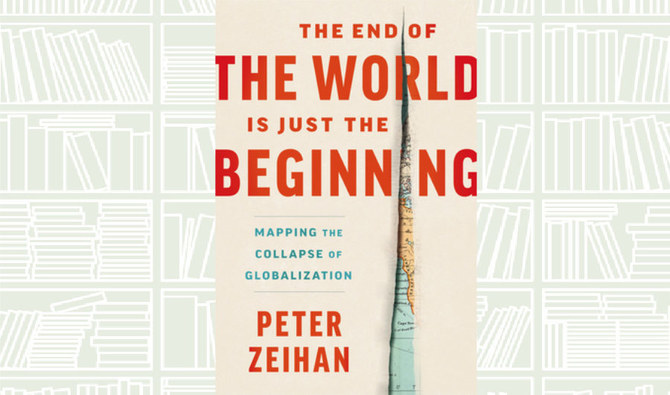Author: Peter Zeihan
In The End of the World is Just the Beginning, Peter Zeihan maps out the next world: A world where countries or regions will have no choice but to make their own goods, grow their own food, secure their own energy, fight their own battles, and do it all with populations that are both shrinking and aging.
The list of countries that make it all work is smaller than you think. Which means everything about our interconnected world — from how we manufacture products, to how we grow food, to how we keep the lights on, to how we shuttle stuff about, to how we pay for it all — is about to change.
Zeihan brings readers along for an illuminating ride packed with foresight, wit, and his trademark irreverence.
















